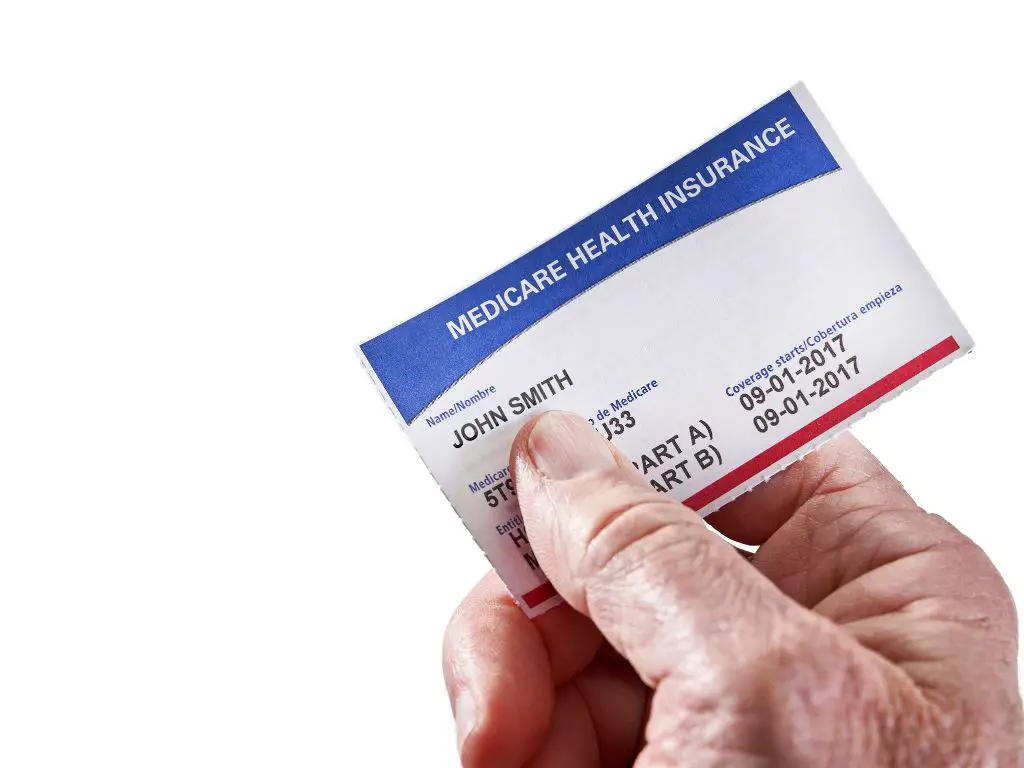Welcome to Orlando Medicare Insurance, your trusted partner for all your Medicare coverage needs in the Orlando area. We specialize in providing personalized consultations, plan comparisons, and enrollment assistance to help seniors and other eligible individuals navigate the complex world of Medicare insurance.
Expert Medicare Consultations
Our team of experienced Medicare advisors is dedicated to helping you understand your Medicare options and find the plan that best fits your unique healthcare needs and budget. We offer detailed consultations where we take the time to listen to your concerns, answer your questions, and provide expert guidance tailored to your specific situation.
During our consultations, we cover all aspects of Medicare, including Original Medicare (Part A and Part B), Medicare Advantage (Part C), Medicare Supplement (Medigap), and Medicare Prescription Drug Plans (Part D). Our knowledgeable advisors will explain the differences between these coverage options and help you determine which plan or combination of plans is right for you.
Comprehensive Plan Comparisons
With so many Medicare plans available in the Orlando area, it can be overwhelming to compare your options and make an informed decision. That’s where our plan comparison services come in. We have access to a wide range of Medicare Advantage, Medicare Supplement, and Medicare Prescription Drug Plans from top insurance carriers.
Our advisors will work with you to identify your specific healthcare needs, including your preferred doctors, hospitals, and prescription medications. We’ll then provide you with a side-by-side comparison of the plans that best match your criteria, including details on monthly premiums, deductibles, copayments, and out-of-pocket maximums. This comprehensive analysis will help you make an informed decision and choose the plan that offers the most value for your healthcare dollar.
Streamlined Enrollment Process
Once you’ve selected the Medicare plan that’s right for you, our team will guide you through the enrollment process from start to finish. We’ll help you complete the necessary paperwork, ensure that your application is accurate and complete, and submit it to the insurance carrier on your behalf.
Our goal is to make the enrollment process as smooth and stress-free as possible, so you can focus on what matters most – your health and well-being. We’ll keep you informed throughout the process and be available to answer any questions or concerns you may have.
Ongoing Support and Advocacy
At Orlando Medicare Insurance, our commitment to our clients doesn’t end with enrollment. We provide ongoing support and advocacy to ensure that you’re getting the most out of your Medicare coverage. Whether you need help understanding your benefits, resolving a claim issue, or exploring your options during the Annual Enrollment Period, we’re here for you.
We also keep our clients informed about any changes or updates to Medicare regulations and plan offerings, so you can make informed decisions about your coverage year after year. Our team is dedicated to being your trusted resource for all things Medicare in the Orlando area.
Contact Orlando Medicare Insurance Today
If you’re looking for personalized attention, expert guidance, and exceptional service in navigating the world of Medicare insurance, look no further than Orlando Medicare Insurance. Contact us today to schedule your free consultation and take the first step towards securing the Medicare coverage you need to stay healthy and financially secure in your golden years.









